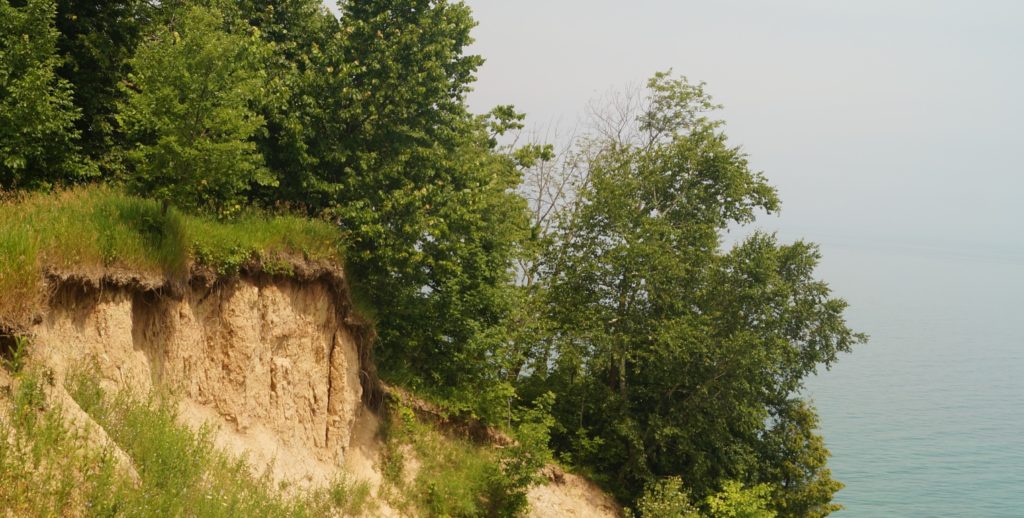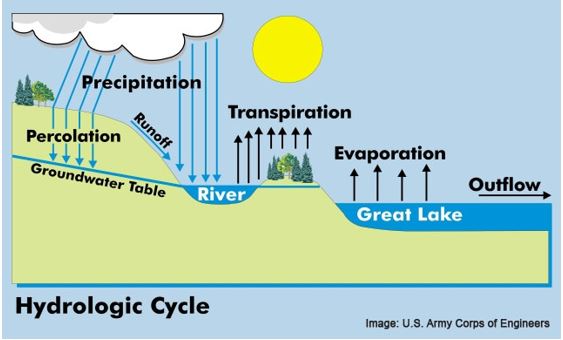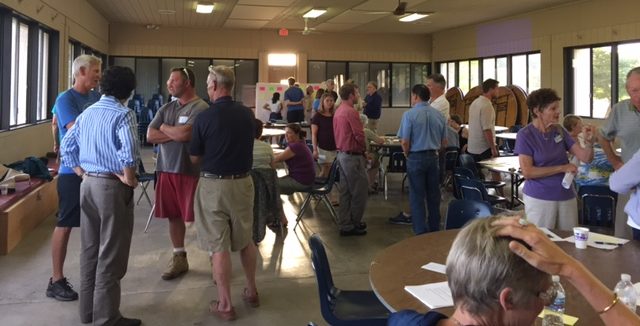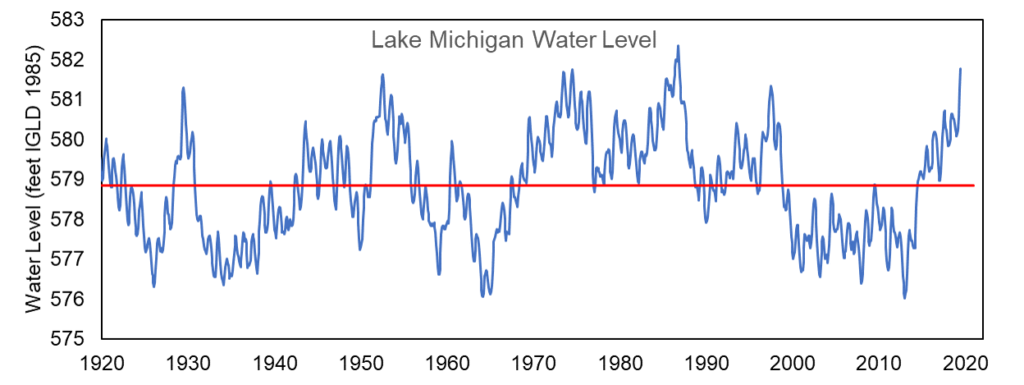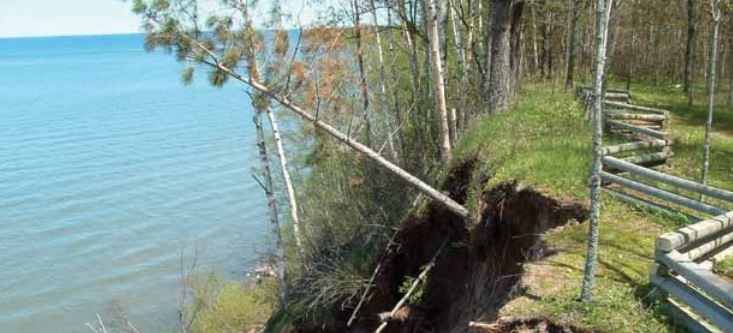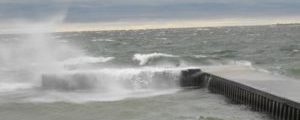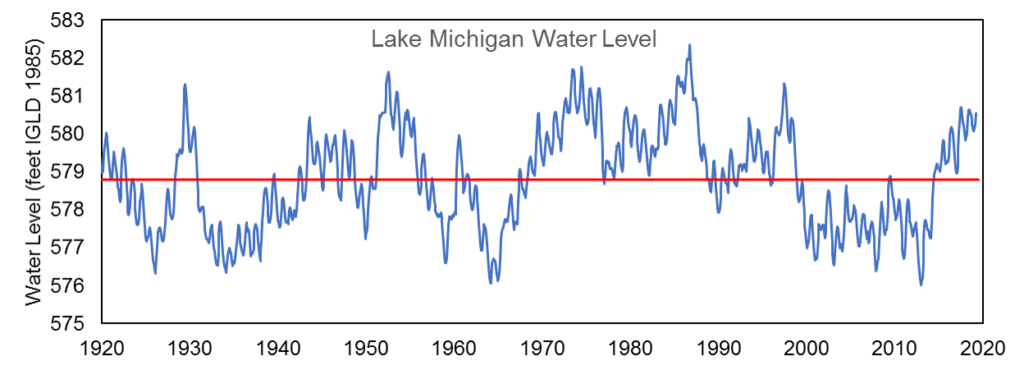Resources for Great Lakes Coastal Property Owners: Where do I start?
By Lydia Salus & Adam Bechle, Coastal Resilience Project Team, Wisconsin Sea Grant Where do I start? Coastal hazards like erosion and flooding along Wisconsin’s Great Lakes coasts can be a threat to properties, particularly when water levels are high. Below is a list of available tools and resources to help individuals understand coastal…
Read more







